
News writer; Opinion columnist
Math. It's always about the math.
And for lottery players, the staggering numbers (as in probabilities) almost never add up to turning a few dollars into a massive jackpot.
Close to 1 in 292.2 million for Powerball.
Around 1 in 290.5 million for Mega Millions.
Winning with a birthday or supposedly lucky set of digits that others would view as random is unlikely enough.
But the odds would also seemingly negate any possibility of the type of peculiar results, or series of them, that generate arguably more interest than “normal” big wins.
One player winning multiple massive jackpots in a lifetime?
The god of ping pong balls regurgitating the same set of numbers?
All evens, odds, or primes?
And then doing it again?
Malfeasance! Certainly.
No.
Math. And it is not as unlikely a collection of calculations as it would seem.
According to an analysis by mathematician Dr. Catalin Barboianu for Lottery USA, the likelihood of lotteries producing so-called “peculiar” results is much more likely than expected. The history of the game has long provided examples. These “special” results, he asserts, are rare but not “astronomically” rare. He's not alone in his findings.
Defining 'special' in lottery results
On numerous occasions at various lotteries, the exact set of winning numbers has repeated not only in the same year but in consecutive weeks, as if taunting the diligent dreamers and conspiracy theorists hanging on every drawing.
If the math is so staggering, why does the lottery have such a penchant for the odd and the incredibly unlikely?
Barboianu notes that “special” types of lottery draws heighten curiosity and, at times, consternation because he feels that a perception of impropriety is misplaced.
Special draws can consist of:
- Consecutive numbers.
- Consecutive even or odd numbers.
- Multipliers of a certain number.
- Prime numbers.
- Any numbers sharing a common arithmetical property.
Inside the math of seemingly improbable outcomes
Barboianu distilled the probabilities for “special” draws into mathematical probabilities for 6/49 lotteries, taking into account the possibility of consecutive, all even, all odd, primes, and those within the same decimal range, determining that these special combinations are likely to occur with a 0.000429925 probability.
While that seems infinitesimal, that still means a peculiar result is likely every 2,326 drawings or every half century or so in a particular game. But there is far more than one lottery in the world. One odd result in Florida or Spain or Japan would be sure to gain global attention, thus heightening the sense - and reality - that bizarre results are possible.
Said Barboianu to Lottery USA:
Considering now all lotteries in the world, that averaged frequency increases significantly, so there is no reason to be so amazed when such a draw pops up in the news as a crazy draw, say, annually. Moreover, special draws may occur in smaller lotteries but don't get much exposure in the media.
No breaking the "Law of very truly large numbers"
Mathematics Professor David Hand agrees that when the figures in the calculations become lottery large, oddities suddenly become more likely than expected.
Hand, an emeritus professor of mathematics and a senior research investigator at Imperial College London was among the first to demystify the phenomenon in his 2014 book “The Improbability Principle: Why Coincidences, Miracles, And Rare Events Happen Every Day.”
In a work spiced with gambling references, Hand addresses the lottery directly with his third “strand” of the principle, “The Law of Truly Large Numbers,” which contends that “with a large enough number of opportunities, any outrageous thing is likely to happen.”
He writes:
... the [L]aw of [T]ruly [L]arge [N]umbers says that given enough opportunities, we should expect a specified event to happen no matter how unlikely it may be at each opportunity. But sometimes, we're fooled. Sometimes, when there really are many opportunities, it can look as if there's only a small number.
This inevitably leads, he said, to gross underestimations of the probability of things such as multi-time winners or a Mega Millions drawing yielding a consecutive set of even numbers, for example. These eventualities, he said, are “very likely, perhaps almost certain.”
And the lottery, he observed, is the perfect proving ground.
And so it was for the benefit of Evelyn Marie Adams who won the New Jersey Lottery twice within a span of four months in 1985 and 1986, collecting $5.4 million.
Marie's odds, according to Hand, were about 1 in a trillion, but her jackpots must, he asserted, be considered within the context of not just the lottery within New Jersey or these two golden tickets.
Still highly unlikely. But less obviously than impossible.
While non-mathematicians might require squinting to see the logic, Hand asserts that the Law of Truly Large Numbers applies because:
The New Jersey lottery is not the world's only lottery. Miss Adams was not the only player of the New Jersey lottery, and she presumably didn't buy only two tickets in her life. When we look at the number of lotteries there are around the world, the number of people who play, the number of tickets they buy, and the number of weeks that they play, we rapidly approach a truly large number.
Hand's premise runs contrary to the process of building a sports betting parlay, where each new leg compounds the task of hitting each to win. Even if each interlocking lottery event had a tiny probability, Hand said, with enough events, the chance one could occur “can be very large.” He wrote:
No wonder then, that someone somewhere at some time won a lottery twice. We might even go so far as to say we should expect it to happen.
Lottery history is peppered with these improbably probable results:
- 2009: On September 6 and September 10, the Bulgarian Lottery randomly selected 4, 15, 23, 24, 35, and 42 as winners. This, Hand asserts, was a mighty synthesis of the “Law of Truly Large Numbers and Law of Combinations.”
- 2011: Forty-seven Florida Fantasy 5 players won with 14, 15, 16, 17, 18.
- 2012: Florida Fantasy 5 yielded 98 winners with 1, 3, 5, 7, 9.
- 2020: Twenty players shared a South African National Lottery prize by playing 5, 6, 7, 8, 9, and a bonus ball of 10.
- 2022: A hefty 433 players won a share of a Filipino lottery with 9, 18, 27, 36, 45, 54. Suspicion of fraud was rampant because so many played the first six multiples of nine.
- 2022: Two Virginia Lottery players won a Bank a Million drawing with 13, 14, 15, 16, 17, 18. Two players shared the jackpot.
Luck favors the bold … make that active
In his 2003 book, “The Luck Factor: Changing Your Luck, Changing Your Life: Four Essential Principles,” psychologist Richard Wiseman noted that those who consider themselves or are seen as lucky are often simply putting themselves in a position to succeed. One subject, a noted voluminous contest-winner, told Wiseman:
I'm a lucky person, but luck is what you make it. I win a lot of competitions and prizes, but I do put a huge amount of effort into it.
The subject's propensity to engage, therefore, created a force that contributed to Wiseman's large-number theory.
Possible and probably, of course, are massive considerations in any form of gambling.
While special results are more likely than expected, the probability of hitting for an individual player remains almost fantastical.
The chances of any jackpot win, much less one that rises to the level of peculiar, remain infinitesimal. But when one happens, most likely for someone else, the astonishment can be reserved.
It's right there in the math.
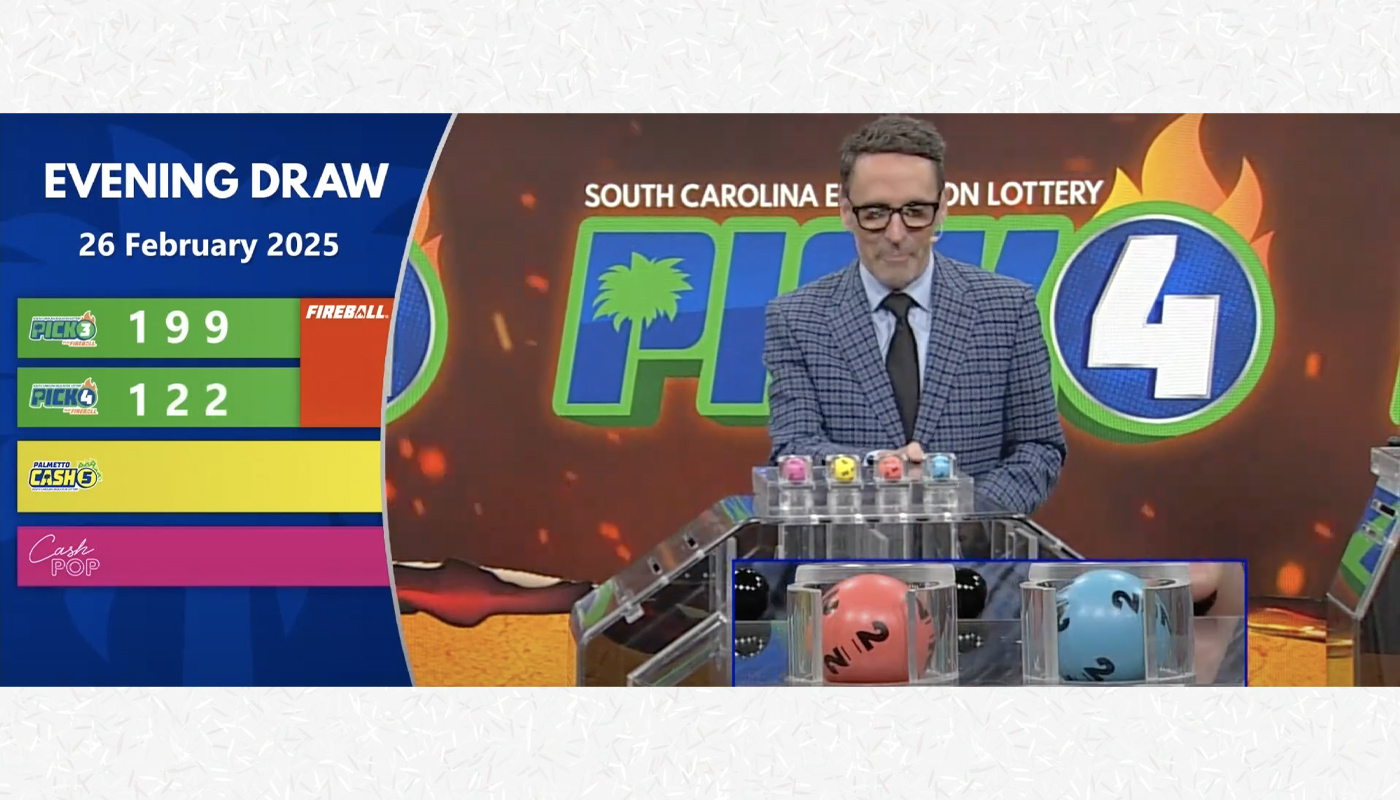
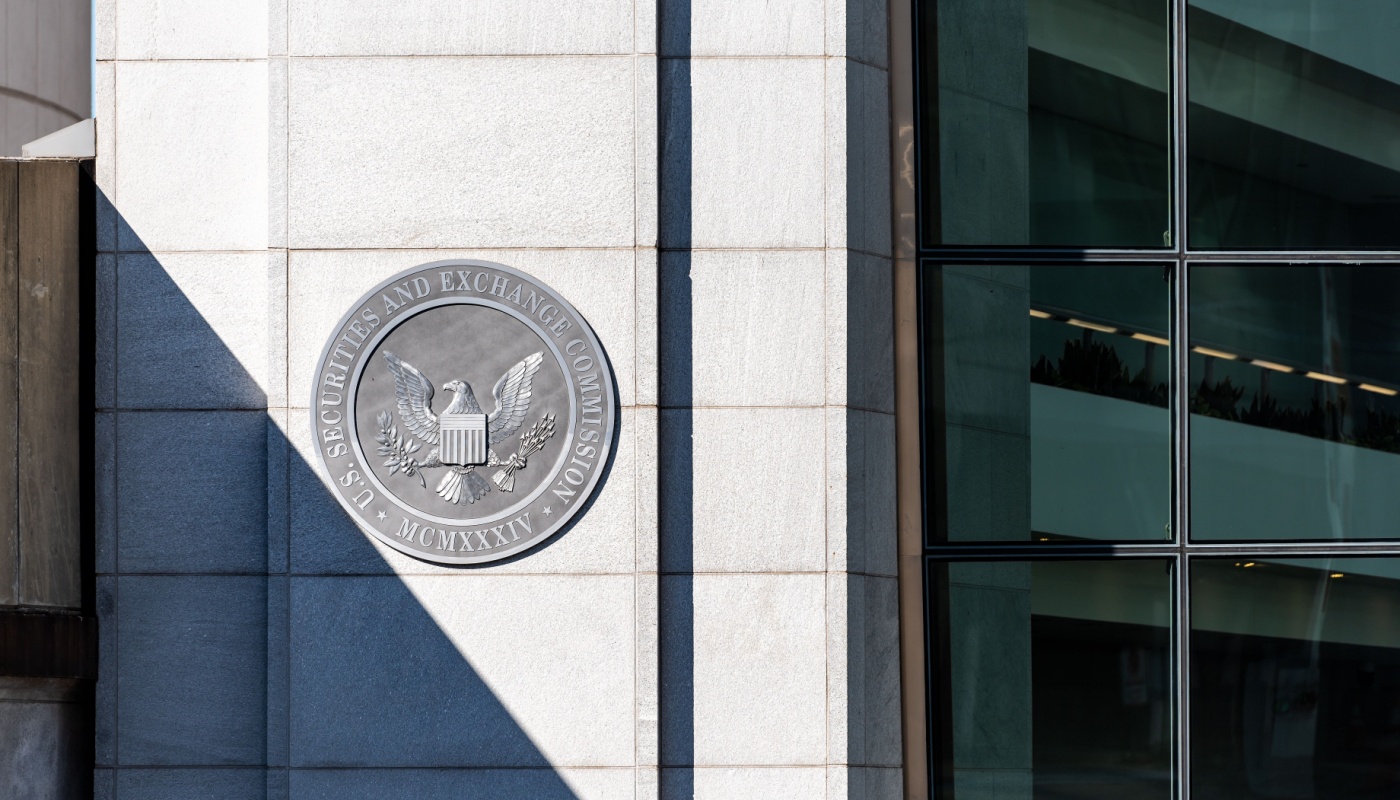

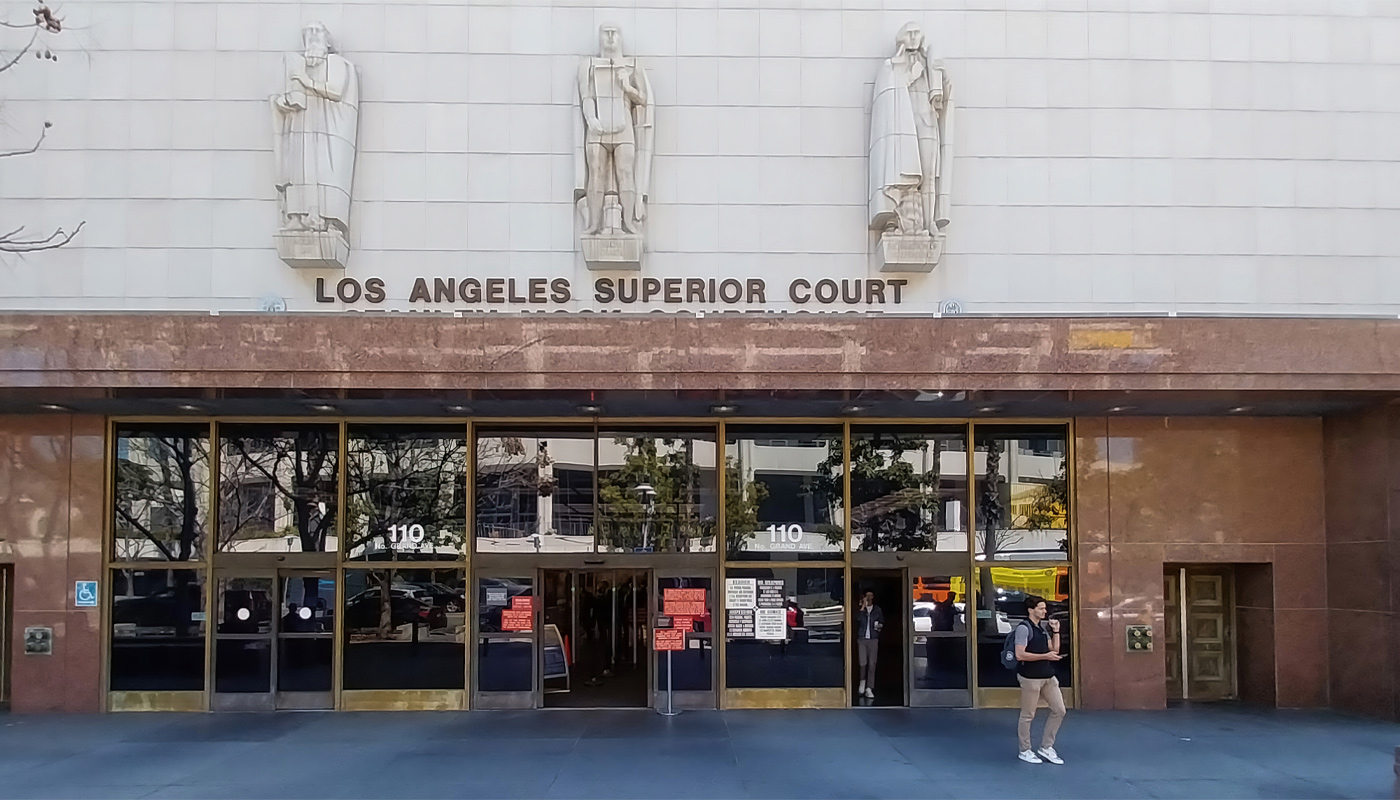

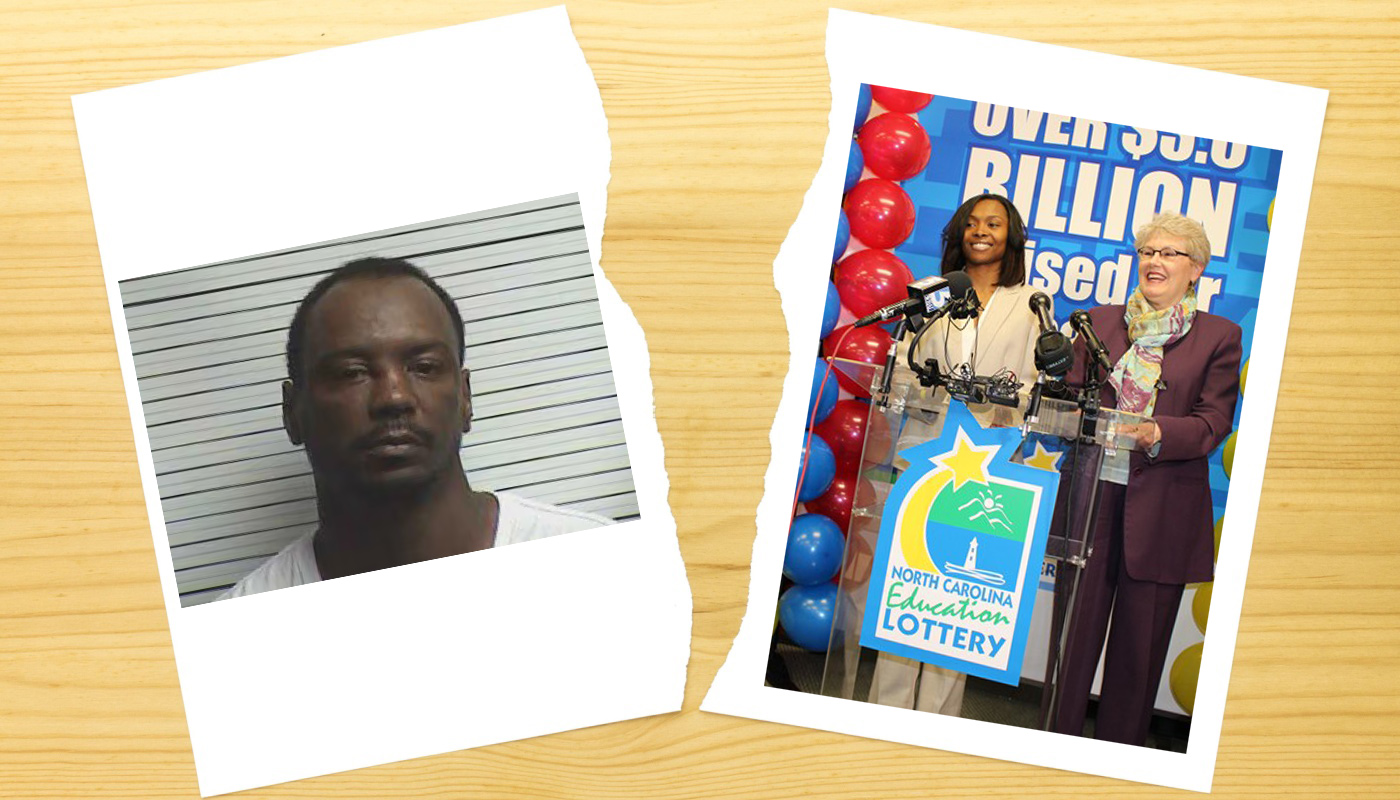

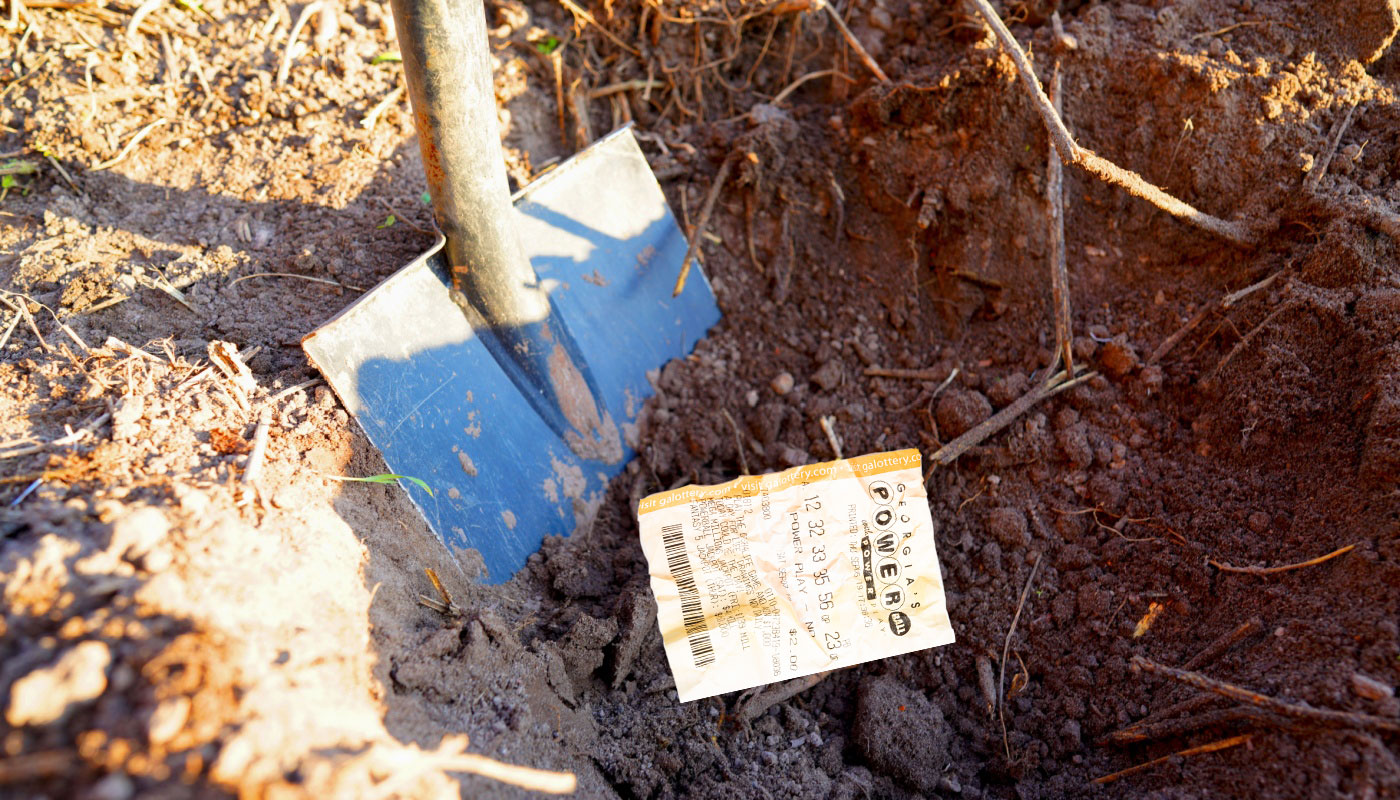


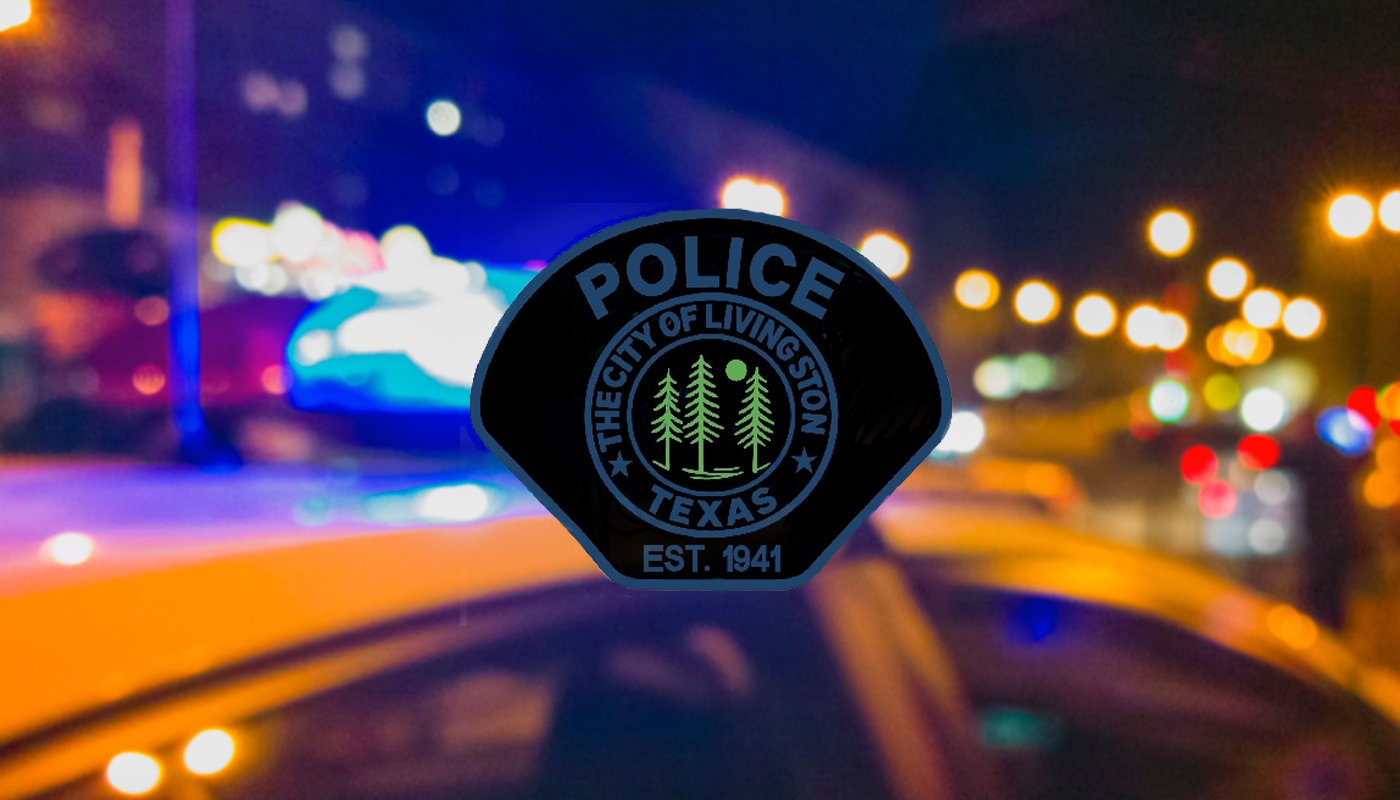









Comments